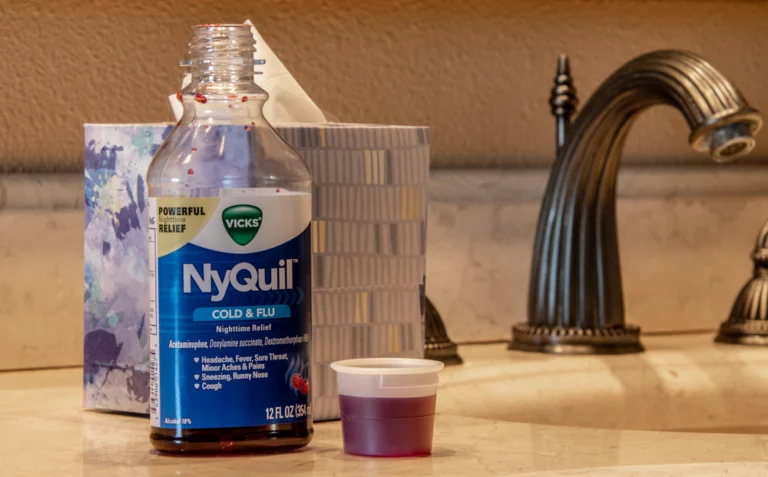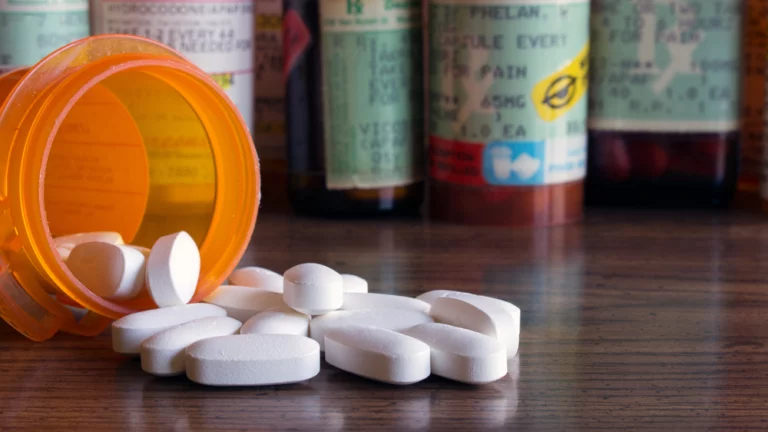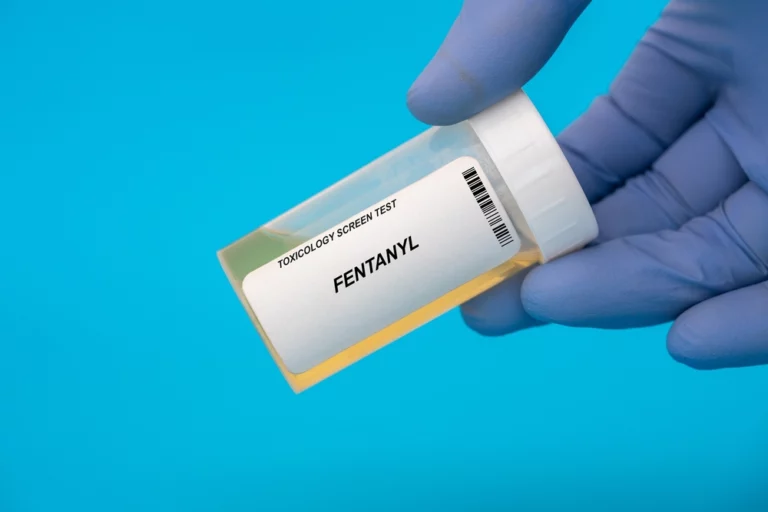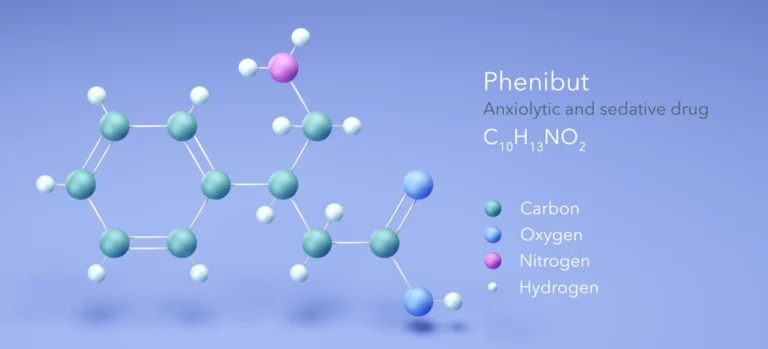Did you know that stimulant medications like Ritalin can cause withdrawal symptoms, even if you take it as prescribed? If you’re taking or considering Ritalin, check out this comprehensive article. You’ll learn how Ritalin works, if it’s addictive, if it needs to be tapered when you quit, the four stages of Ritalin withdrawal, and what to do if someone is abusing Ritalin or other stimulants.

What Is Ritalin?
Ritalin is the brand name for methylphenidate, a prescription stimulant used to treat attention deficit hyperactivity disorder (ADHD) and, in rare cases, narcolepsy. Ritalin is designed to increase an individual’s ability to pay attention, focus on tasks, and regulate impulsive behaviors, which are some of the biggest side effects and symptoms of ADHD. In the case of narcolepsy, Ritalin helps individuals stay alert and awake.
Ritalin is a central nervous system stimulant and prevents dopamine and norepinephrine from reabsorbing into your brain’s neurons, causing them to build up and increase neurotransmitter activity. This counteracts the chemical instability and low dopamine levels found in most individuals with ADHD.
Ritalin, like Adderall, cocaine, and methamphetamine, is a Schedule II controlled substance due to its side effects, potential for abuse, and potential for physical and psychological dependence. Contrary to general belief, Ritalin is not an amphetamine but has similar effects.
Read more: Why Is Meth So Addictive? 6 Evidence-Based Reasons
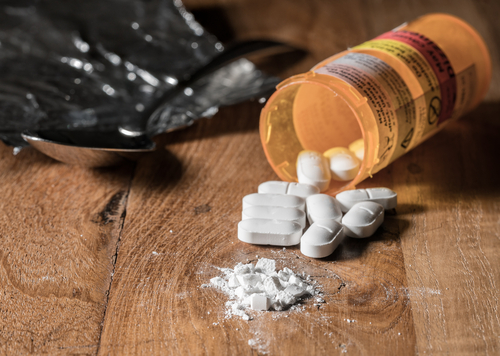
Is Ritalin Addictive?
Yes, Ritalin can be addictive, especially if it’s abused or taken by someone without ADHD. For individuals with ADHD, Ritalin helps regulate their chemical imbalances, bringing them to functional levels. To individuals without ADHD, Ritalin increases energy, alertness, attention, breathing, and heart rate. These effects can be enticing to students or employees who want to use a “study drug” to improve their performance at school work.
Soon, Ritalin abusers may crush, snort, or smoke the drug to get higher faster and bypass the intended onset time. This rapid release of dopamine is what leads to addiction as users link an impulsive and seemingly easy action with pleasure and reward. However, the body can develop a tolerance to Ritalin if it’s abused much faster than users who take their prescription as directed. This can cause people to use more Ritalin each time they want to get high or switch to a stronger stimulant, like meth or cocaine.
Does Ritalin Need To Be Tapered?
Yes, if you’ve been prescribed Ritalin for a long period, take a higher dose, or abuse your prescription, you’ll doctor will likely gradually reduce (taper) your dosage when you want to quit. Ritalin is usually available as 5, 10, and 20 mg tablets, with the average adult dose falling between 20 to 30 milligrams per day. People with Ritalin prescriptions higher than 30 mg per day are the most susceptible to dependence, negative side effects, and withdrawal symptoms.
Abruptly quitting Ritalin without tapering can induce withdrawal symptoms, including:
- Mood swings
- Anxiety
- Panic attacks
- Depression
- Trouble concentrating
- Brain fog
- Memory lapses
- Agitation
- Fatigue
- Headaches
- Insomnia or trouble sleeping
- Blood pressure changes
- Heart rate changes
- Chest pain
- Dizziness

How Long Do Ritalin Withdrawal Symptoms Last?
Ritalin withdrawal symptoms can last between one week and one month, depending on the dose and how long someone’s been taking the drug. People who abuse high doses of Ritalin are more likely to experience withdrawal symptoms than people who follow their medical provider’s guidelines. Here’s what you can expect during Ritalin withdrawal.
- Stage 1(1 to 3 days): Ritalin withdrawal symptoms typically begin once the last dosage wears off. Symptoms can include sleep issues, anxiety, agitation, and irritability.
- Stage 2 (7 days): Withdrawal symptoms usually peak and feel the most uncomfortably one week after quitting Ritalin. Symptoms can include intense depression, trouble sleeping or insomnia, nausea, and fatigue. Around this time, your body is finally beginning to adjust to life without Ritalin.
- Stage 3 (14 days): Ritalin withdrawal symptoms tend to subside around two weeks into detox. However, psychological symptoms like cravings, anxiety, and depression can still linger as physical symptoms begin to fade.
- Stage 4 (30 days): In some cases, anxiety and depression can linger beyond a month, which is why it’s important to establish coping skills and a support system to resist cravings to use Ritalin again.
Note: This timeline is based on individuals who’ve abused Ritalin or another form of methylphenidate.
Read more: How To Deal With Being Angry When You’re Not High
Can You Treat Ritalin Addiction?
Yes, Ritalin addiction through a comprehensive treatment program involving medical detox to overcome withdrawal symptoms, full or part-time treatment to establish coping skills, and aftercare to support recovery after treatment. Some users who quit abusing Ritalin don’t struggle with extreme withdrawal symptoms, and may not require a dedicated medical detox, and can enter a residential or outpatient treatment program right away. However, it’s always important to create a personalized plan with your case manager, as there’s no standard regimen for addiction treatment.
Ritalin Addiction Treatment in Knoxville, Tennessee
If you or someone you know is struggling with Ritalin addiction or can’t push through Ritalin withdrawal, contact Knoxville Recovery Center. Our addiction treatment center offers medical detox, residential treatment, dual diagnosis treatment, and aftercare support to anyone who wants to leave substance use behind. Our admissions agents are happy to answer any questions, including information on insurance, scheduling, cost, offered therapy methods, and program options. Don’t wait. Call today.





